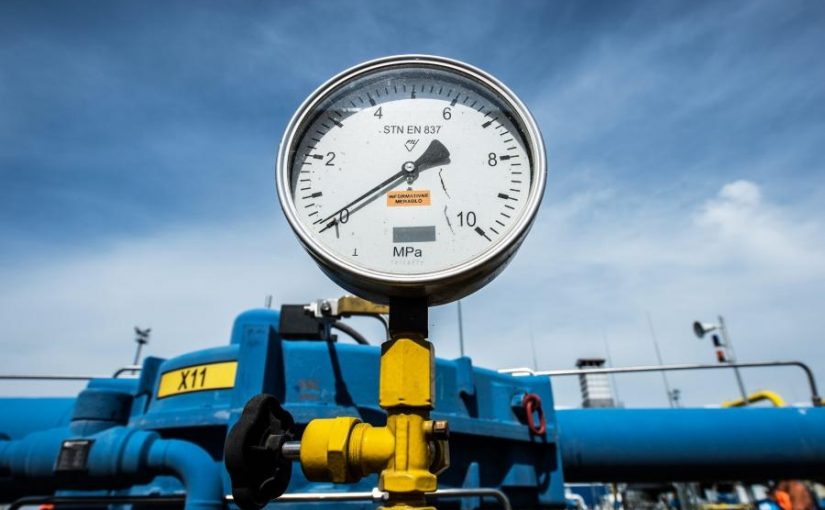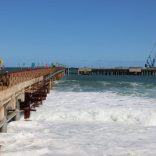Mozambique to increase power supply to Eswatini from 5 to 30 MWh
Mozambique: NGO accuses Rovuma basin multinationals of seeking to block local content law

File photo: Lusa
Mozambique’s Centre for Democracy and Development (CDD), a non-government organisation, has accused multinationals involved in gas projects in the Rovuma basin, in the north of the country, of seeking to block a law that would require them to source more goods and services locally.
In a note analysing the issue, released on Tuesday, the CDD also alleges that despite what it calls “a politically correct discourse”, the foreign companies in question “have been pressuring the government not to proceed with the proposed law for parliament.”
Adriano Nuvunga, the CDD’s director, told Lusa that as well as its monitoring of the entire process over the last six years throwing up evidence that supports this analysis, there is documentary information that confirms the pressure.
The note states that, in the view of multinationals, this is a way to “safeguard their interests in contracting goods, services and labour, in addition to escaping the obligation of selling [some of] their shares.
“Without any clear explanation, the government has shelved the proposal for a Local Content Law, approved in August 2019 by the economic council, with only its analysis, revision and approval by the Council of Ministers [needed] for it to be forwarded to Parliament,” the CDD note reads.
Although not ideal, it says, the proposal would be a crucial first step, because the absence of such a law “makes it impossible to develop the national business sector, which would be decisive in creating jobs for young people.”
The organisation notes that the gas projects underway or planned in Mozambique by consortia led by the oil companies Eni, Exxon Mobil and Total are covered by legislation “that gives a special regime to areas 1 and 4 of the Rovuma Basin”, citing this as “unequivocal proof of the pressure that the multinationals exert on the government” in that they have secured specific conditions, thus sheltering them from the existing law covering oil and gas projects.
This exceptional regime foresees that any change on the part of the Mozambique state in rules that have a negative impact on their business would require the state to compensate the concessionaires for the resulting losses.
“From this perspective, if with one hand economic operators are forced to invest and transfer revenues and profits to the local economy, with the other hand money is taken from the public purse to pay for the increased costs that the operators will have,” the note argues.
Nuvunga told Lusa that the next step would have to be “more decisive leadership on the part of the government” in handling the process.













Leave a Reply
Be the First to Comment!
You must be logged in to post a comment.
You must be logged in to post a comment.